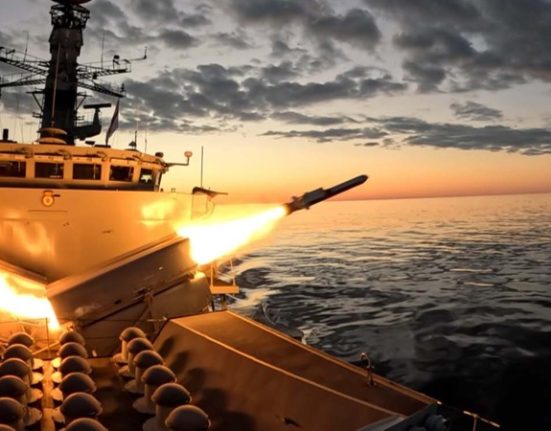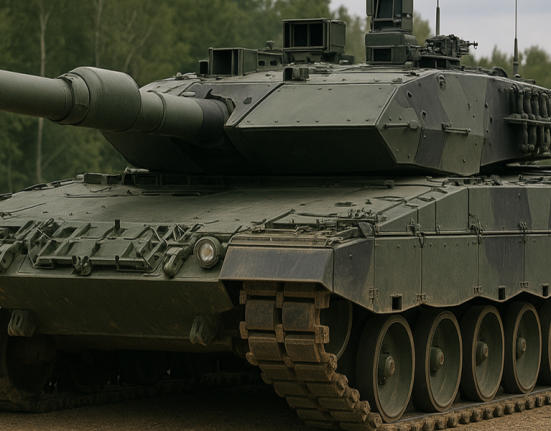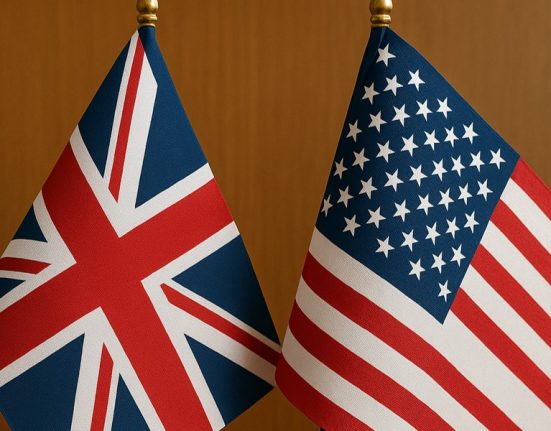Outgoing defence chief’s Washington warning
Admiral Sir Tony Radakin has used his final public speech as Chief of the Defence Staff to call on Britain and its allies to show “confidence” in the face of a more dangerous world, urging a united approach to Russia, China and the rapid rise of artificial intelligence.
Speaking in Washington at the Centre for Strategic and International Studies, Radakin reflected on his four years at the helm of the UK’s armed forces and warned against “simplistic choices” in defence. He insisted Britain remained secure, backed by NATO, nuclear deterrence and what he described as a “remarkable” defence construct built on close ties with the United States.
Ukraine at the core
Radakin devoted much of his address to the war in Ukraine, recalling the tense meetings of Britain’s National Security Council in February 2022 as Russia’s invasion loomed. At the time, he said, “the prevailing view was that Russia would take Kyiv within weeks, if not days.”
But the decision to back Ukraine with lethal aid – pushed by Boris Johnson, Ben Wallace and Liz Truss and later supported by Rishi Sunak, Keir Starmer and others – had been a turning point. “This is Britain at its best,” he said. “True to our values and interests, consistent in strategy, united across both sides of the aisle.”
He argued Russia’s campaign had become a disaster for Vladimir Putin. More than a million Russians have been killed or wounded, while the Black Sea Fleet and bomber force have suffered humiliating losses. “Putin doesn’t want a war with NATO. He can’t even win a war against Ukraine,” Radakin declared.
Britain’s military future
Looking ahead, the admiral pointed to Britain’s commitment to spend 5% of GDP on national security by 2035, with 3.5% earmarked for defence. That investment, he said, would deliver new submarines, long-range missiles, a sixth-generation fighter jet and expanded carrier strike capacity.
He praised the armed forces’ record in recent years, from training 60,000 Ukrainians and striking Houthi targets in the Red Sea to evacuating thousands from Sudan and supporting ceremonial duties at home. But he acknowledged decades of underfunding had left a “mismatch between resource and ambition” that would take time to fix.
NATO and alliances
Radakin stressed NATO’s enduring “overmatch” of Russia, arguing the alliance must deter Moscow by contesting it across every domain – from nuclear weapons to cyber space. He also highlighted the strength of Western partnerships, from AUKUS and the Five Eyes to ties with the Gulf, the Caribbean and Asia.
“Sometimes we forget how strong the West remains,” he said. “Europe and North America account for half the world’s wealth, and NATO spends more on defence than Russia and China combined.”
The AI race
In his sharpest warning, Radakin compared the race for artificial intelligence supremacy to the nuclear age. He said whoever reached artificial general intelligence first would gain “an enormous military advantage” and urged a Manhattan Project-style effort by Western allies.
“It’s a race we must win,” he said, arguing AI could become as central to national security as nuclear deterrence and NATO itself.
As he closed, Radakin paid tribute to Britain’s servicemen and women. “They are simply magnificent,” he said. “The world is more dangerous, but Britain, the US and our allies are safe – because of them.”






